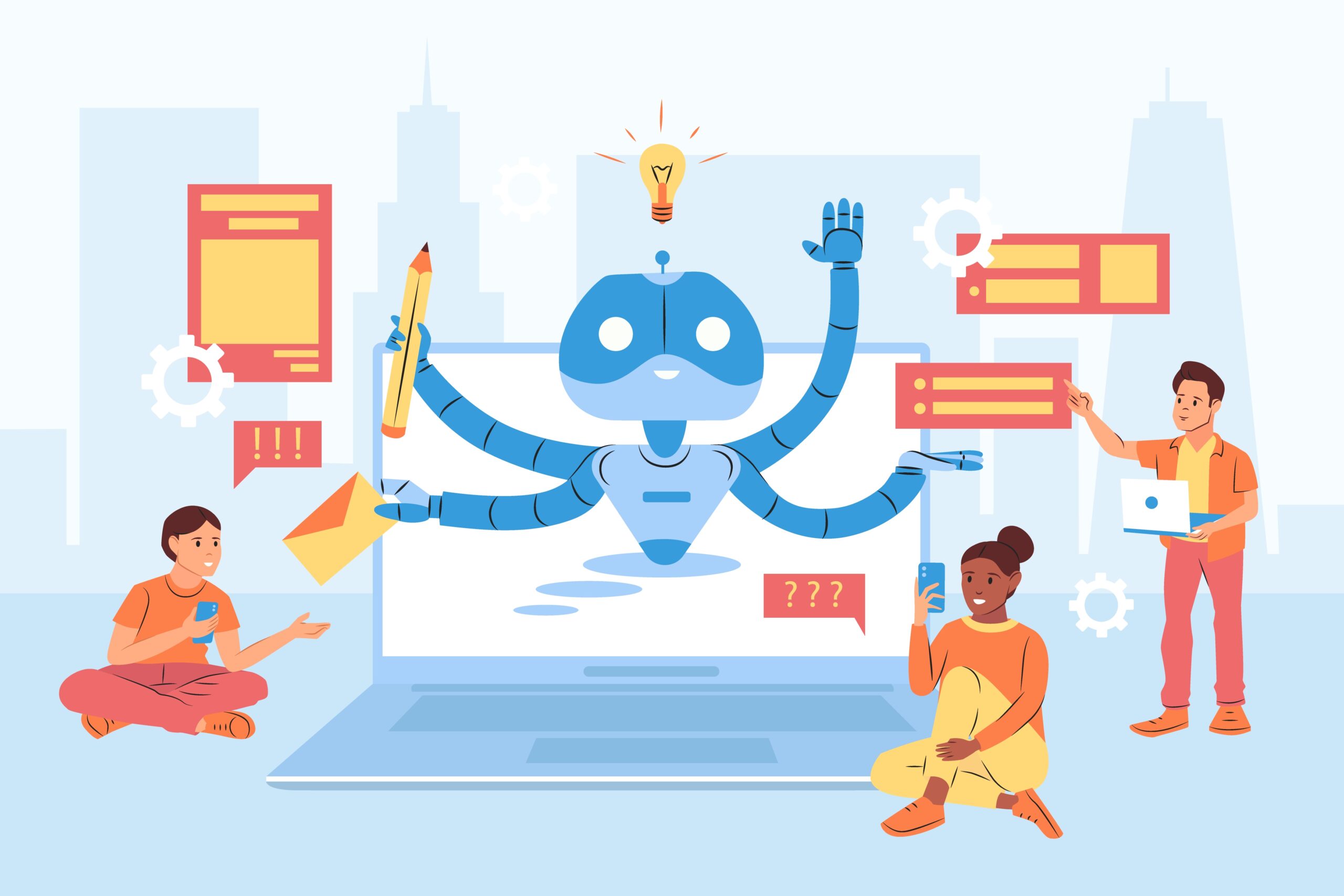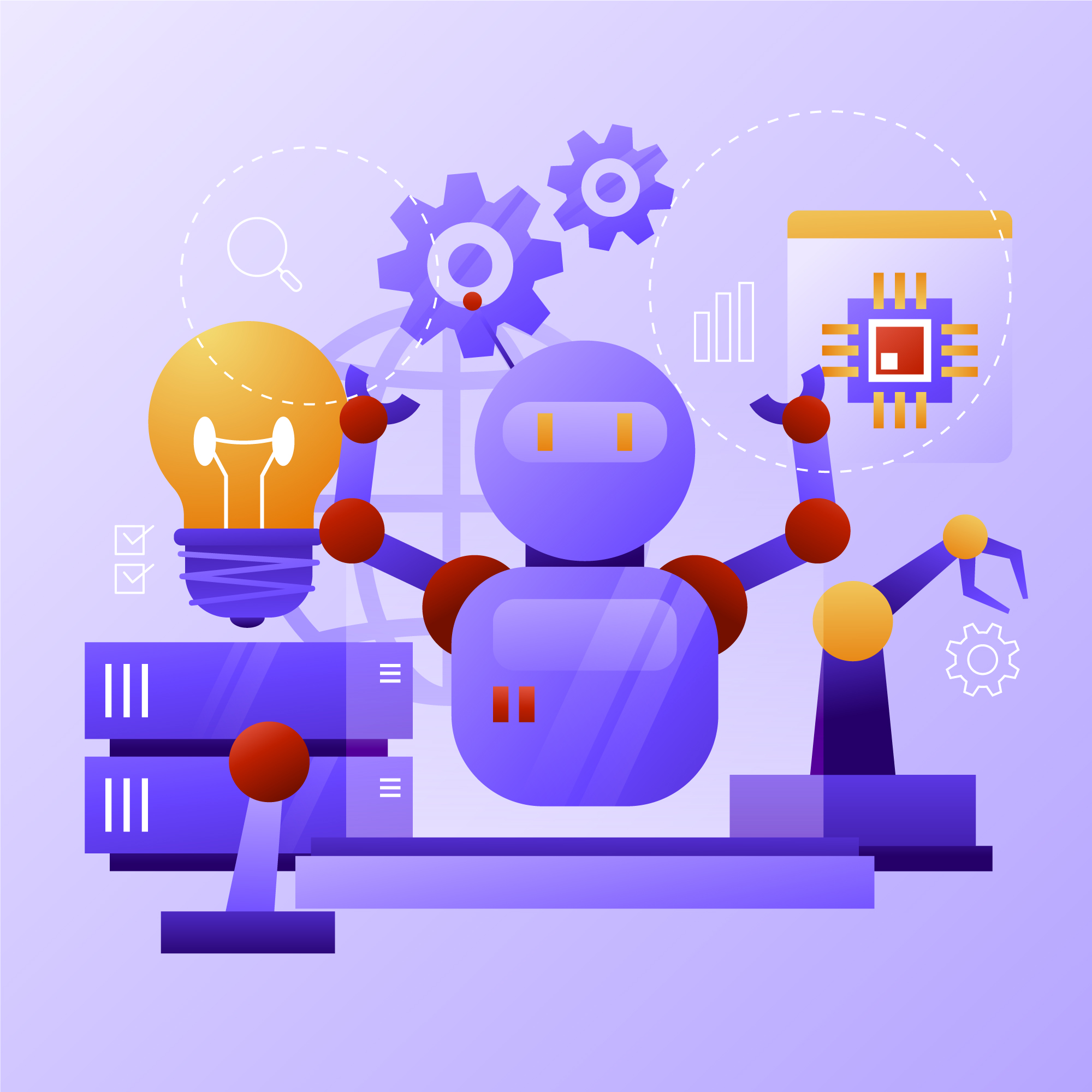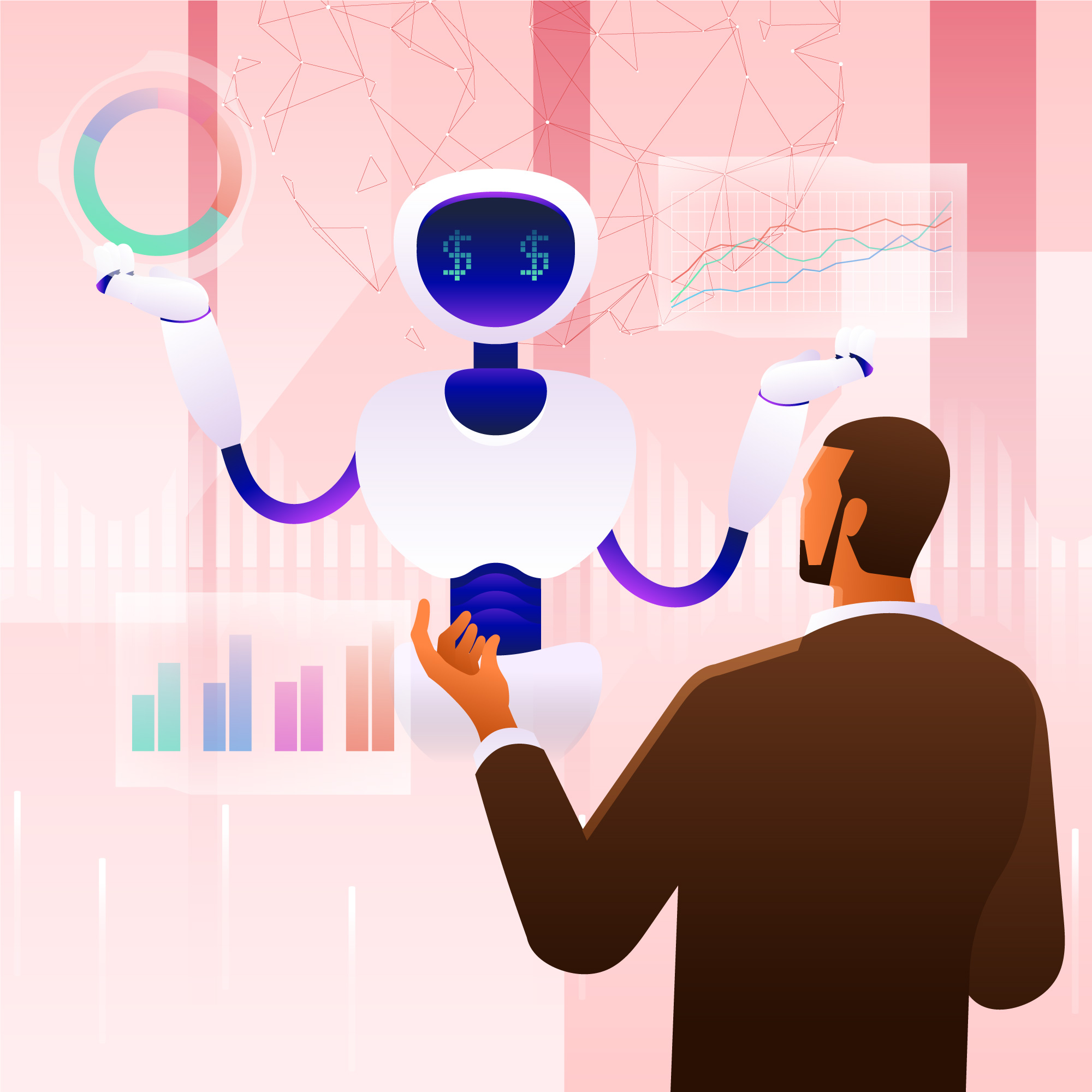How AI Workflow Automation Can Transform Business Efficiency in 2025

In today’s competitive market, businesses can’t afford inefficiency. Every delay, manual process, and repeated task drains time, energy, and profit. That’s where AI Workflow Automation steps in — a technology that doesn’t just follow instructions but learns, adapts, and improves how your business operates.
By combining artificial intelligence with automation, companies are streamlining workflows, cutting costs, and boosting productivity like never before. According to McKinsey, businesses that adopt AI-driven automation see a 30% increase in operational efficiency within the first year. Whether you’re running a startup or managing a global enterprise, understanding how this technology enhances efficiency is key to staying ahead.
What Is AI Workflow Automation?
AI Workflow Automation uses artificial intelligence to manage, execute, and optimize repetitive business tasks. Unlike traditional automation, which follows fixed rules, AI-driven systems learn from data and make intelligent decisions — predicting outcomes, reducing errors, and speeding up processes.
For example, Odoo-ERP integrates AI into its workflow modules to help organizations automate invoice approvals, manage leads, forecast sales, and handle supply chain logistics — all in real-time. The result? Smarter operations and more time for teams to focus on strategic growth.


Why Businesses Need AI Workflow Automation Now
- Reduced Manual Effort:
AI automates repetitive and time-consuming tasks such as data entry, reporting, and document processing, freeing employees for higher-value work. - Improved Decision-Making:
AI analyzes large volumes of data faster than humans, providing real-time insights that improve accuracy and reduce business risks. - Consistent Quality and Accuracy:
Human errors cost businesses billions each year. AI ensures consistency, accuracy, and compliance across every operation. - Scalable and Flexible:
As business needs change, AI automation scales effortlessly — adapting to handle new workflows, systems, or departments.
Cost Efficiency:
Studies show that companies using AI workflow automation reduce operational costs by up to 40%, making it one of the most profitable tech investments today.
How AI Workflow Automation Improves Business Efficiency
1. Streamlined Operations Across Departments
“AI-powered automation breaks silos between departments. For instance, when a sales team closes a deal, the system automatically updates finance, inventory, and operations — ensuring instant coordination and zero delays with AI Workflow Automation in Singapore.
2. Faster Response and Customer Support
AI chatbots and automated helpdesk tools deliver round-the-clock support, responding instantly to customer inquiries. This not only boosts satisfaction but also reduces human workload.
3. Enhanced Accuracy in Data Handling
Manual data management is prone to errors. AI automates data validation, cleansing, and reporting — ensuring decisions are made on accurate information.
4. Intelligent Task Management
With predictive analytics, AI identifies bottlenecks, assigns tasks efficiently, and even forecasts workload peaks. Platforms like Odoo-ERP use predictive algorithms to suggest the best workflow routes, minimizing downtime and improving overall team performance.
5. Proactive Maintenance and Monitoring
AI systems monitor business operations in real time, predicting potential issues before they occur. This proactive approach prevents downtime, reduces repair costs, and keeps productivity high.
FAQs About AI Workflow Automation and Efficiency
1. How is AI Workflow Automation different from traditional automation?
Traditional automation operates based on fixed rules and instructions. In contrast, AI-powered automation learns from data patterns, adapts to changing conditions, and continuously improves its performance to deliver smarter and more efficient outcomes over time.
2. Is AI Workflow Automation suitable for small businesses?
Absolutely. Even small businesses can automate invoicing, scheduling, and CRM tasks using AI tools, improving accuracy and saving valuable time.
3. How long does it take to implement AI Workflow Automation?
Implementation time depends on process complexity, but most organizations start seeing results within three to six months.
4. What are the measurable benefits of AI Workflow Automation?
Key metrics include reduced processing time, improved accuracy, better decision-making, lower operational costs, and enhanced customer satisfaction.
5. Can AI Workflow Automation replace human jobs?
AI doesn’t replace humans; it enhances their capabilities. It handles repetitive work while allowing people to focus on creative and strategic tasks.
The Future of AI Workflow Automation
By 2026, Gartner predicts that 70% of businesses will adopt some form of AI-powered automation. The reason is simple — it gives companies a measurable edge in speed, accuracy, and scalability. As industries become more data-driven, businesses that delay automation risk falling behind.
Companies that embrace AI now are setting the foundation for long-term success. The next wave of digital transformation isn’t about working harder; it’s about working smarter.


Conclusion
AI Workflow Automation is redefining efficiency. It’s no longer a futuristic concept but a present-day necessity for businesses that want to stay agile, competitive, and profitable. By integrating AI into your workflows, you’re not just automating tasks — you’re transforming how your entire business operates.
From improved accuracy and lower costs to better decision-making, AI automation offers a clear path to sustainable growth. Start small, automate strategically, and let data-driven intelligence reshape your success story.
👉 Schedule your free consultation with ACSEMS today.
- 📧 Email: techadvisor@acsems.com
- 📞 Call: +65 6287 6100
- 💬 WhatsApp: +65 8229 1526
- 🌐 Website: https://www.odoo-erp.net

